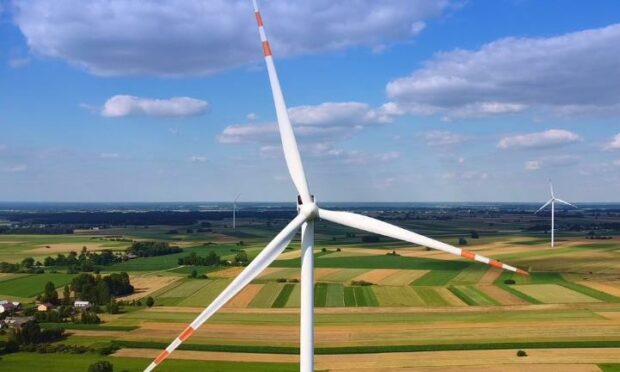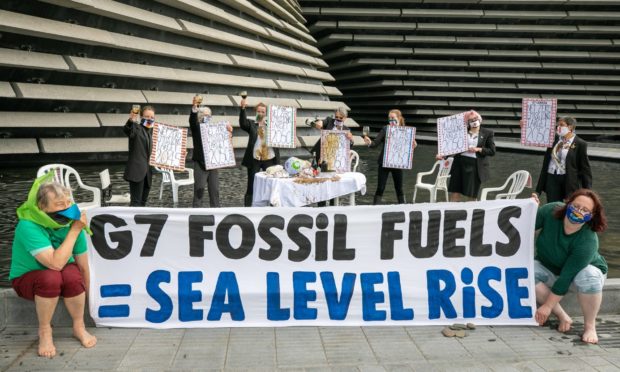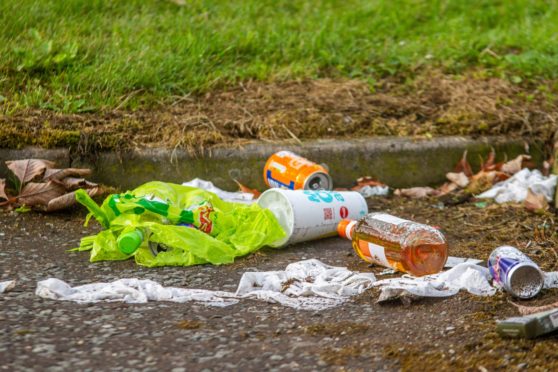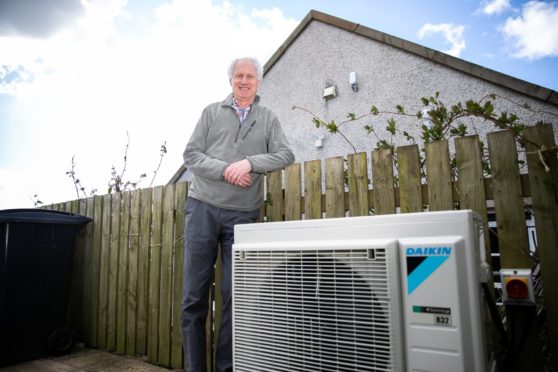Members of Scotland’s first Climate Assembly have demanded radical change that would drastically alter the way people shop, eat, travel and work.
The group of more than 100 Scots – paid by the Scottish Government to investigate climate change – has submitted 81 far-reaching recommendations to Holyrood on tackling the climate emergency.
The Assembly’s report comes months ahead of Glasgow hosting COP26 global climate talks, but also amid growing concern about the effect of green policies on jobs in rural industries in Perthshire, Angus and Fife and on the oil and gas industry.
The recommendations include:
- A ban on single use packaging, including plastic bags
- Food carbon labelling similar to the current nutritional traffic light system
- New high taxes for carbon-intensive businesses, including a land tax
- A single ‘oyster card’ for Scotland to better join up public transport
- Updated planning laws to rule out building on green field sites until all brown field land has been used
- Retrofit all Scottish homes with sustainable heating by 2030
- National Nature Service, creating rewilding and environmental protection jobs.
International governments have agreed to cut carbon emissions in an attempt to minimise global average temperature rises and avoid some of the potentially devastating effects of climate change.
What is Scotland’s Climate Assembly?
The assembly’s organisers selected more than 100 people in Scotland “from all walks of life” to take part in the project.
Each member received £200 per weekend to encourage those on low incomes to take part.
Although the Scottish Government set up the project, and backed it with £1.4m in funding, its members are independent.
Members met online seven times and discussed evidence from over 100 expert speakers before submitting their recommendations.
They answered the question: How should Scotland change to tackle the
climate emergency in an effective and fair way?
The project also includes calls to action from over 100 children who participated as climate investigators with the Children’s Parliament.
Edinburgh University Climate Change Institute director, said the report was “clarion call for climate action”.
“For anyone who was still wondering what needs done on climate change, it’s writ large here: much more, and much faster.
“These recommendations span every part of our lives.”
Why does the Assembly matter?
Organisers have gone to considerable lengths to ensure those taking part in the project represent a cross-section of Scottish society.
The Assembly’s key message – that the Scottish Government is not moving fast and far enough on climate policy – will have reverberations in Holyrood, especially as power-sharing negotiations continue between the SNP and the Greens.
The Assembly’s critics have suggested it is too close to government to contribute to any genuine change.
But the fact the group has produced so many ambitious demands – even if many of them at least appear difficult to implement in the timescales suggested – will bolster support for tougher, and potentially unpopular, green policies.
Scottish Government ministers must publish a statement outlining how they will respond within six months.
What does the Assembly want?
The assembly has submitted 81 recommendations. They include:
A ban on single use packaging, including plastic bags
“We believe the use of single-use plastics in manufacturing and packaging must be stopped as soon as possible.
“Scotland should take the lead on bringing in regulations that minimise the harm caused by the use of non-recyclable materials for packaging and eliminating the use of plastic bags.”
Food carbon labelling similar to the current nutritional traffic light system
“The labelling should declare complete carbon footprint and be colour coded with a simple traffic light system.
“This will make people more aware, and more likely to compare products. Plus, we know a similar approach to nutritional information has worked in the past.”
New high taxes for carbon-intensive businesses, including a land tax, frequent flier tax and high carbon food taxes
“High carbon resources tax will make it less attractive for manufacturers using high carbon resources such as cements, heavy metals, and steel.
“Food carbon tax will encourage consumers to change their diet by making
carbon intensive products more expensive, while the subsidies will
make carbon neutral foods more affordable.”
What are the other recommendations?
A single ‘oyster card’ for Scotland to better join up public transport
“We think this would work best through a central travel app and an e-loaded ticket that could be bought on a weekly, monthly or yearly basis.”
Updated planning laws
“It would direct builders towards existing infrastructure, amenities and opportunities within populated areas and away from out-of-town greenfield sites.
“This recommendation is about valuing and preserving green spaces, agricultural land, wildlife and woodland.”
Retrofit all Scottish homes with sustainable heating by 2030
“We believe that this recommendation will enable retrofitting and construction work to be delivered to high standards, and potentially provide training and employment opportunities for workers moving from diminishing carbon heavy industries.
“It will also empower communities to effectively undertake improvements to the carbon efficiency of their housing stock.
National Nature Service
“Government and industry should work together to develop a career ladder, or an incentive, for people not in education, training, or work to contribute to rewilding, land restoration and adaptation projects.”





